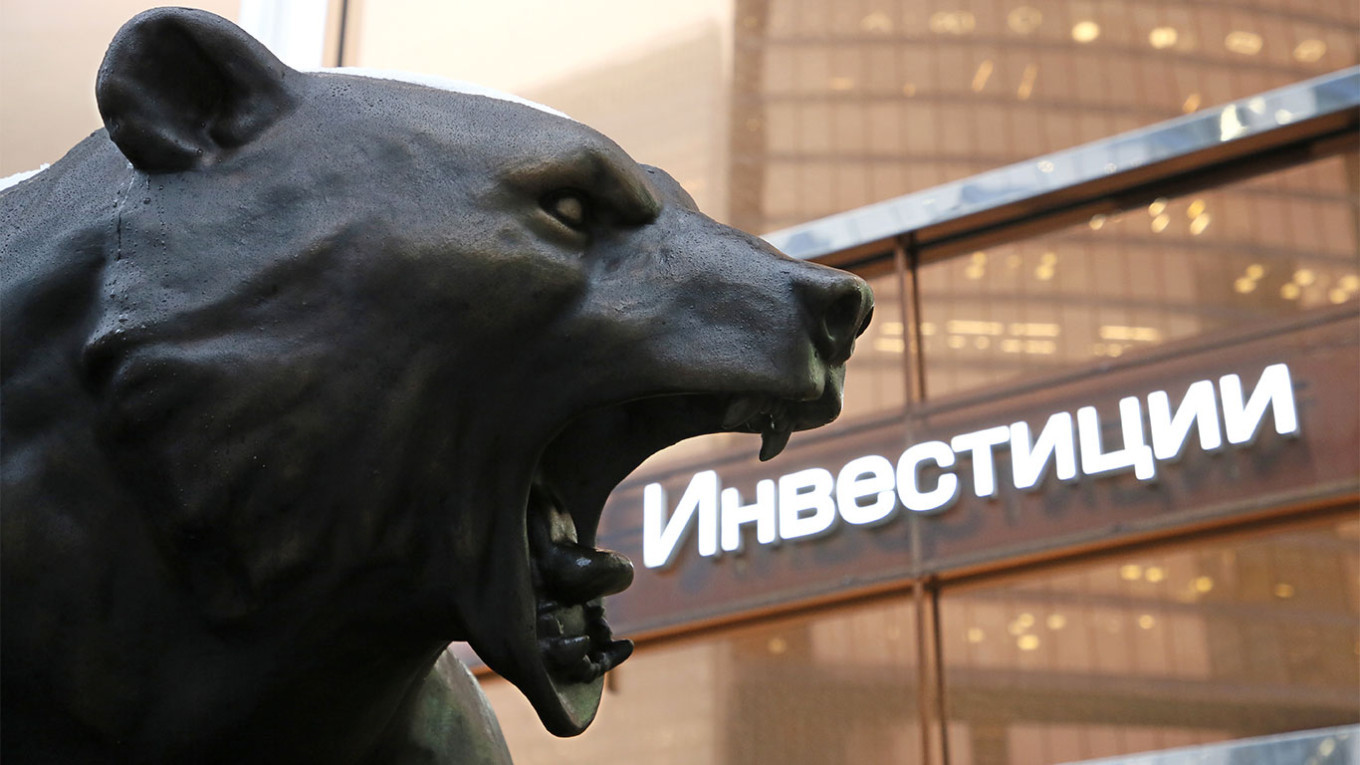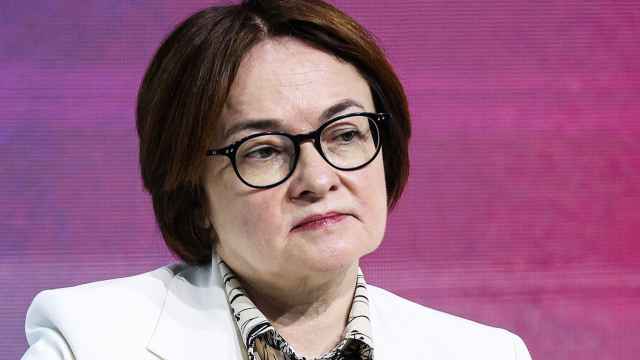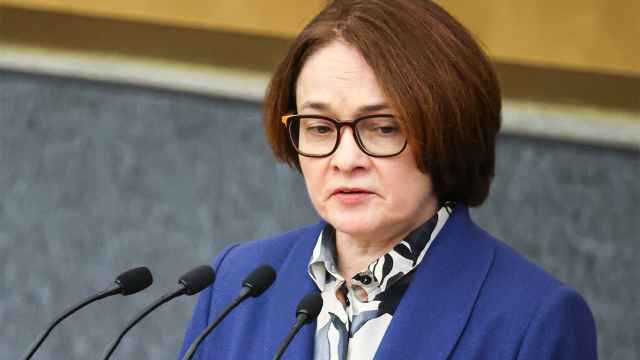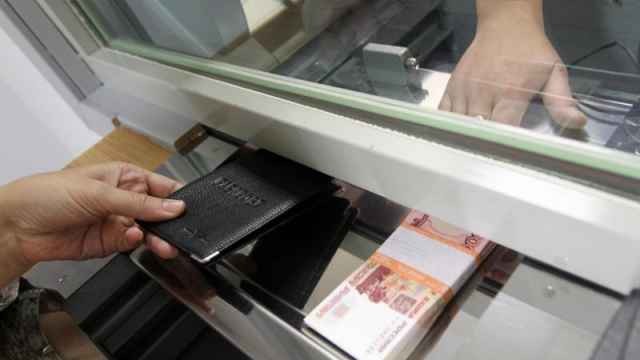Russian households sent a record 52.3 billion rubles — nearly $650 million — to foreign brokers in May, the Central Bank said Monday, highlighting the growing flight of capital from the country’s increasingly isolated and risk-laden financial markets.
The figure surpasses the previous high of 45.2 billion rubles ($580 million) recorded in December 2023 and even the 42.1 billion rubles ($540 million) moved abroad in October 2022, the first month after the Kremlin’s “partial” military mobilization.
Before Russia’s invasion of Ukraine in 2022, retail investors typically held international stocks through domestic platforms like the St. Petersburg Exchange, which has traded foreign securities since 2014, and the Moscow Exchange, which launched such offerings in 2020.
But sweeping sanctions, mounting capital controls and state intervention in the private sector have driven investors to seek security outside Russia.
According to Central Bank data, Russians sent 226 billion rubles ($2.9 billion) to overseas brokers in 2024, a 58% increase from the previous year. Another 141 billion rubles ($1.8 billion) has already been transferred in the first five months of 2025.
Much of this shift stems from Western sanctions on Russia’s National Settlement Depository, which led to the freezing of around 5.7 trillion rubles ($73 billion) in assets, roughly one-fifth of which belongs to private investors.
In response, the Central Bank has severely restricted Russian citizens’ ability to buy securities from “unfriendly” countries and, as of this year, nearly all foreign issuers not part of the Eurasian Economic Union.
Despite the Central Bank’s repeated warnings about the risks of holding money with foreign financial institutions, including potential asset freezes and limited recourse for disputes, capital continues to flow outward.
Some brokers abroad remain wary of working with Russian clients, but the demand to invest outside the country persists.
These developments come amid rising concern over political and legal risks in the Russian market, with nationalization in particular becoming a growing fear among investors following several high-profile asset seizures.
In one such case last year, a court ordered the confiscation of shares in the Solikamsk Magnesium Plant held by 2,000 retail investors and transferred them to state ownership.
Central Bank Governor Elvira Nabiullina acknowledged the move was “a concern,” but said the regulator had no legal tools to intervene.
The nationalization of Yuzhuralzoloto, Russia’s third-largest gold mining company, is currently underway after the Prosecutor General’s Office opened a criminal case into industrial and environmental violations.
Owned by billionaire Konstantin Strukov, Yuzhuralzoloto saw its shares plummet by 35% and its bond yields spike from 24% to 30% following the announcement.
Trading in the company's stock has since been suspended by the Moscow Exchange at the Central Bank’s request and short selling of its bonds has been banned. The securities are held by an estimated 220,000 retail investors, a blow to confidence in the local market.
The Central Bank has expressed longstanding concern over Russian investors’ interest in foreign brokers, warning of the potential for a “significant outflow of domestic money into global financial institutions.”
According to the bank, developing trust in the domestic market is essential to prevent this outflow of cash.
A Message from The Moscow Times:
Dear readers,
We are facing unprecedented challenges. Russia's Prosecutor General's Office has designated The Moscow Times as an "undesirable" organization, criminalizing our work and putting our staff at risk of prosecution. This follows our earlier unjust labeling as a "foreign agent."
These actions are direct attempts to silence independent journalism in Russia. The authorities claim our work "discredits the decisions of the Russian leadership." We see things differently: we strive to provide accurate, unbiased reporting on Russia.
We, the journalists of The Moscow Times, refuse to be silenced. But to continue our work, we need your help.
Your support, no matter how small, makes a world of difference. If you can, please support us monthly starting from just $2. It's quick to set up, and every contribution makes a significant impact.
By supporting The Moscow Times, you're defending open, independent journalism in the face of repression. Thank you for standing with us.
Remind me later.






